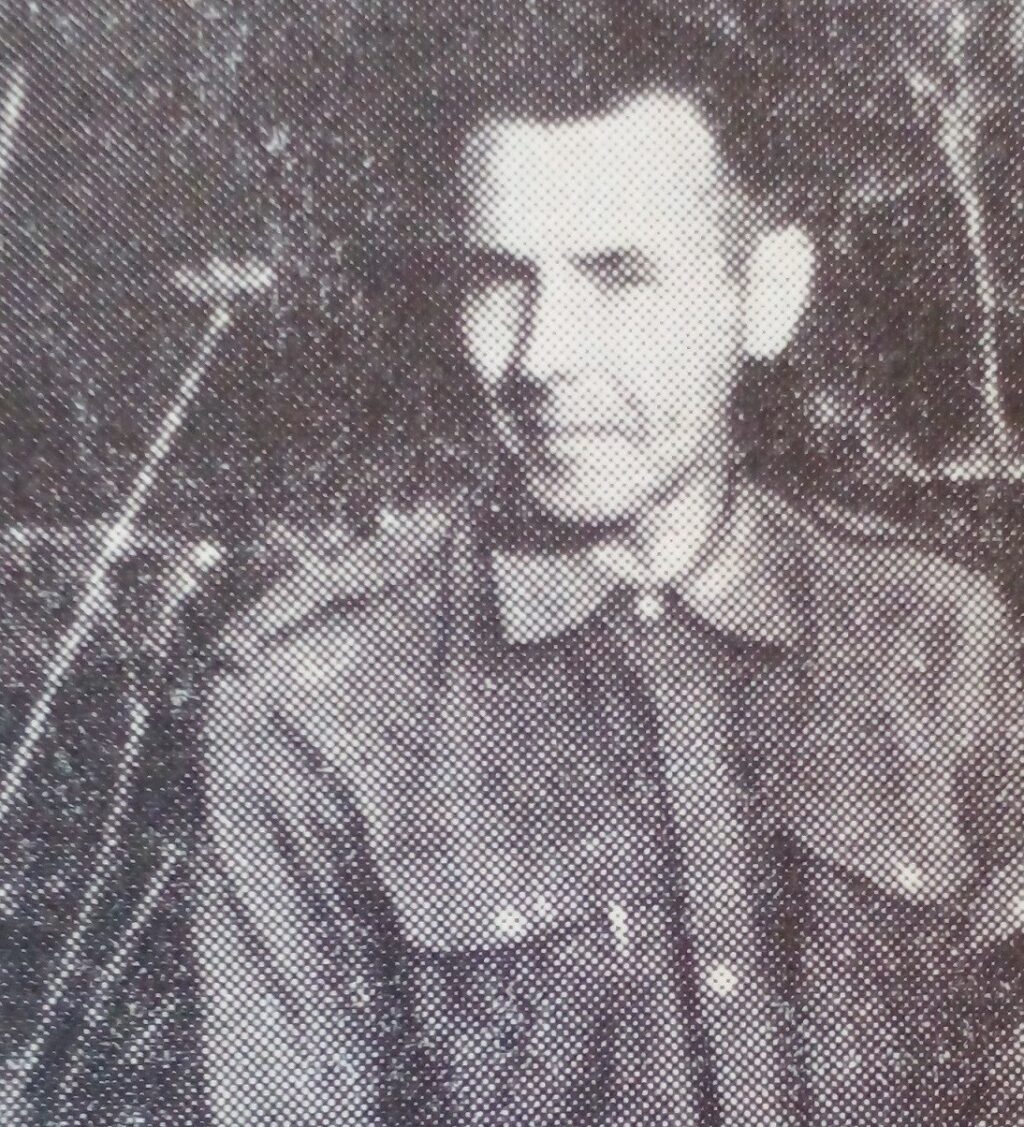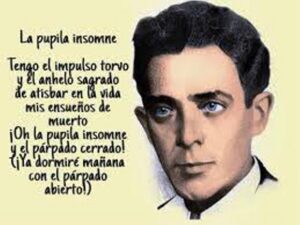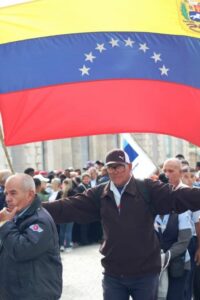The father of orthopedics in Cuba.

As fate would have it, on January 15th, 1908, the Bolondón terroir witnessed the birth of one of its most glorious sons, distinguished not only for the growing fascination he showed for medicine in his life, but also for his fervent actions during the rebellious deed that brought freedom back to our country in the middle of the 20th century.

As fate would have it, on January 15th, 1908, the Bolondronese terroir witnessed the birth of one of its most glorious sons, distinguished not only for the growing fascination he showed for medicine in his life, but also for his fervent actions during the rebellious gesture that brought freedom back to our country in the mid-twentieth century.
A militant of the Communist Party of Cuba and active in the struggle against Gerardo Machado, Julio Martinez Paez was often behind bars for his indomitable reluctance to the dictatorship and saw his academic career interrupted by student repression.
Even so, he managed to graduate as a Doctor of Medicine in 1934, found in orthopedics his true vocation and in institutions such as the General University Hospital «Calixto García», he demonstrated his brilliance as a surgeon and teacher.
Once he joined the 26th of July Movement in 1957, he actively participated in clandestine tasks such as the distribution of vouchers and the lodging and transportation of revolutionaries, assumed the leadership of the Military Health Services of the Rebel Army and, as a member of Column No. 1 «José Martí», he performed a great number of surgical interventions and integrated the insurgent flank in numerous enclaves such as El Salto, Veguitas, Baire, JIguaní and, especially, La Plata, where he was promoted to Commander. After the 1959 victory, he played a key role in the transformation of the Cuban health system.
In favor of a more inclusive health structure, he was among the founders of the Medical Party of the Revolution and, as Minister of Health and Social Assistance, he headed important Public Health campaigns, such as the eradication of malaria and rural medical care; he was the director of the Fructuoso Rodríguez Orthopedic Teaching Hospital and stood out for his meritorious career as a professor in prestigious institutions such as the University of Havana.
Likewise, he took the name of Cuba to the highest international stages, since scientific events in nations such as London, Argentina, Peru, Syria, Greece, Denmark and Japan witnessed his genius and, in addition, countless distinctions such as the Carlos J. Finlay Order and the Antonio Guiteras and XX Anniversary medals, important and well-deserved awards for his perseverance, wisdom and skill as a physician.
Unfortunately, on March 31st, 2000, Cuba lost this famous mambí in white coat, a figure whose life was fully marked by devotion to the people, medicine and the Revolution. In the Pantheon of the Revolutionary Armed Forces lie the remains of this distinguished matancero, who at the time of his death held the rank of Colonel and who was not only an eminent surgeon and an exemplary teacher, but also a cult of music and painting and, above all, a human being of inexhaustible sensitivity and excellence.
Written by Yadiel Barbón.




